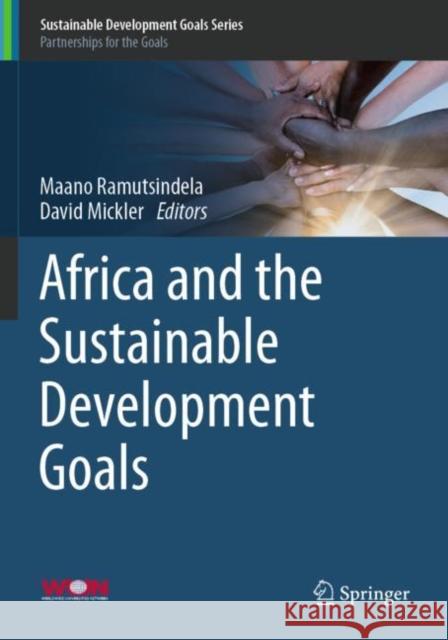Africa and the Sustainable Development Goals » książka
topmenu
Africa and the Sustainable Development Goals
ISBN-13: 9783030148591 / Angielski / Miękka / 2020 / 295 str.
Africa and the Sustainable Development Goals
ISBN-13: 9783030148591 / Angielski / Miękka / 2020 / 295 str.
cena 483,04
(netto: 460,04 VAT: 5%)
Najniższa cena z 30 dni: 462,63
(netto: 460,04 VAT: 5%)
Najniższa cena z 30 dni: 462,63
Termin realizacji zamówienia:
ok. 16-18 dni roboczych.
ok. 16-18 dni roboczych.
Darmowa dostawa!
Kategorie BISAC:
Wydawca:
Springer
Seria wydawnicza:
Język:
Angielski
ISBN-13:
9783030148591
Rok wydania:
2020
Wydanie:
2020
Numer serii:
000812045
Ilość stron:
295
Oprawa:
Miękka
Wolumenów:
01











